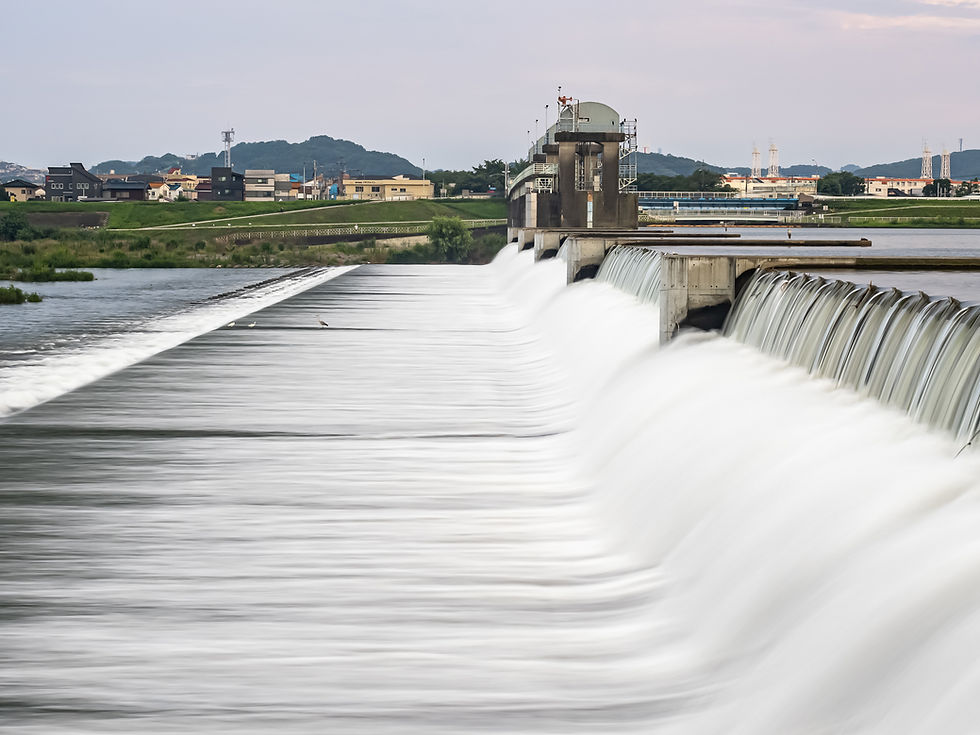Hybrid modeling for streamflow prediction in ungauged rivers with uncertainty quantification: a comparative analysis
- Mayank Chadha, Ph.D.

- Sep 13, 2025
- 1 min read
Streamflow predictions are essential for flood risk prevention and long-term water resource management. Extensive research has been dedicated to forecasting river discharge for gauged rivers, where discharge data is readily available. However, accurately predicting discharge in ungauged rivers continues to pose a substantial challenge. Recent advances in machine learning (ML) offer opportunities to develop and refine predictive models for ungauged rivers. This study addresses two key limitations of existing ML models: the exclusion of sensitive physical features and overconfidence in predictions. By integrating principles of mass conservation and robust uncertainty quantification (UQ) methods, we aim to enhance the reliability of ML-based streamflow forecasts. We propose a hybrid modeling approach that leverages insights from calibrated physics-based river-routing models, considers the causal effects of carefully selected features, and integrates UQ methods to obtain probabilistic discharge predictions in ungauged rivers. Three different UQ methods within the ML models are investigated. The results of a Colorado River upper basin demonstrate that our approach outperforms existing methods (i.e., purely data-driven method), reducing the prediction error by about 40% and offering credible uncertainty bounds for risk-informed decision making.



Comments